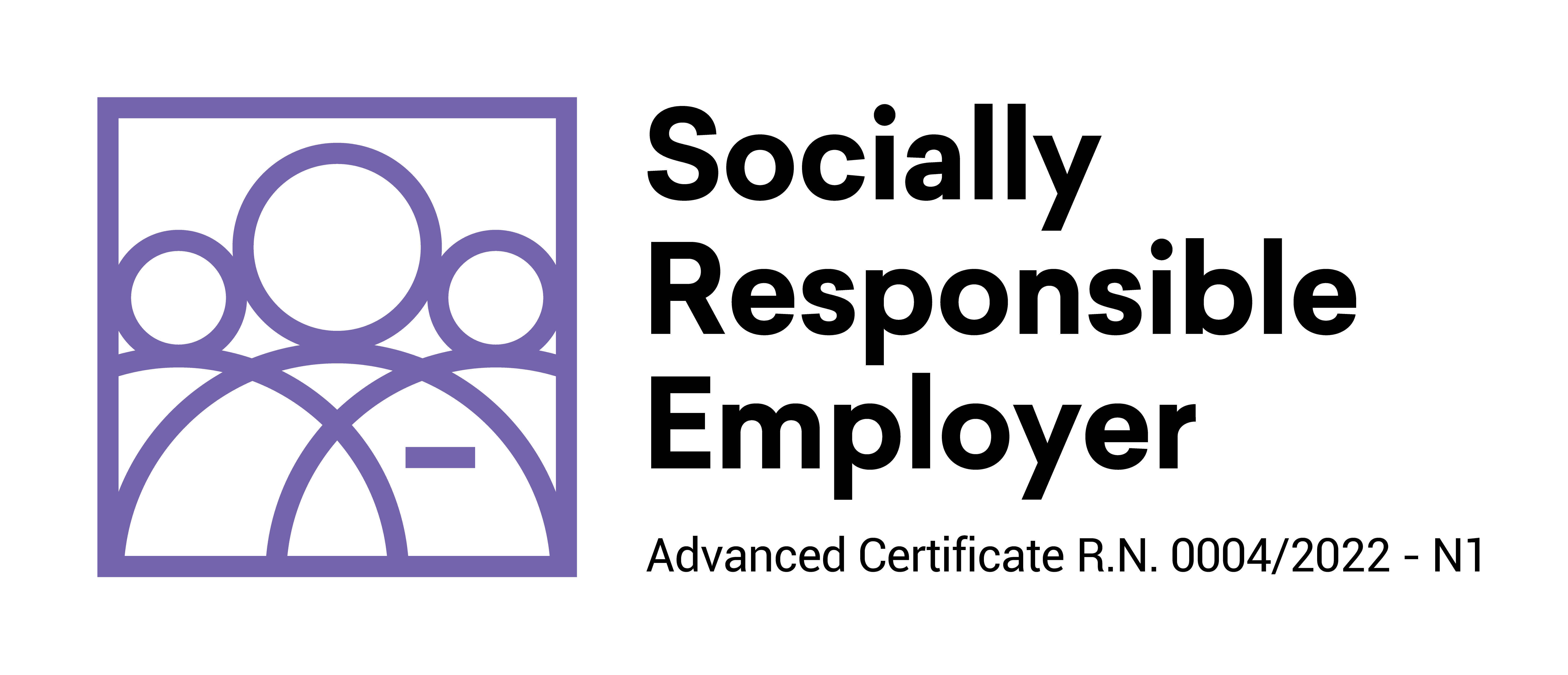07
Dec
Invitation to the lecture by Dr. Neil Boonham: "qPCR applications and new technologies (LAMP)"
National institute of biology and BioSistemika Ltd. are inviting you to attend the lecture by Dr. Neil Boonham: "qPCR applications and new technologies (LAMP)" organised in the frame of qPCR Experience workshop: qPCR in Plant pathology: diagnostics and research. The Lecture will take place on Friday, December 7th, 2012 at 8:30am in M hotel, Derčeva 4, Ljubljana.

National institute of biology and BioSistemika Ltd. are inviting you to attend lectures organised in the frame of qPCR Experience workshop: qPCR in Plant pathology: diagnostics and research.
Lectures will take place on Friday, December the 7th, 2012 in M hotel, Derčeva 4, Ljubljana.
Lectures will be in English and will be open for public.
at 8:30
“qPCR applications and new technologies (LAMP)”
by dr. Neil Boonham, team leader at FERA (The Food and Environment Research Agency), York, United Kingdom
A word from the lecturer:
Over the last decade identification tools for plant pathogens have improved considerably, especially those based on detection of proteins and nucleic acids. Where validated reagents are available identification is reliable and robust. Moving this identification work outside of the laboratory to the point of decision making presents some attractive benefits, and tools to achieve this are becoming more and more readily available from antibody-based lateral flow devices to nucleic acid-based specific amplification methods (e.g. LAMP or PCR). The availability of a multitude of methods poses a problem in itself in terms of selecting methods for deployment, as the different methods have a range of characteristics including (but not limited to) differing performance, practicalities, costs and speeds. We have been working in a multidisciplinary project combining diagnostics, social sciences, statistics and economic analysis with the aim of firstly investigating how the deployment of field based tests can best generate the biggest impact on a desired outcome, as well as evaluating the barriers in terms of end-user perceptions. For the first time we have made a meaningful attempt to baseline the new methods with techniques that are perceived, often with little evidence, to be the 'gold standard', such as traditional culturing or visual examination. In effect this encapsulates the challenge; in the past we deployed the methods we had available because we had few from which to choose. Today we have a plethora of methods and need to develop a process to evaluate their use in terms of which will most efficiently take us to our desired outcome.
About lecturer:
Dr. Neil Boonham is a molecular plant virologist who has been specialising in recent years on the development of novel methods and approaches for the detection of pathogens and the identification of pests. He has a particular interest in the development and deployment of field tests as well as the development of highly parallel laboratory diagnostic techniques, based on microarrays and next generation sequencing. He has many recent publications in the field of plant diagnostics and one patent entitled Purification methods and Kits. He has managed a number of large R&D projects. Currently he is a Coordinator of EU 7th framework project Q-DETECT, Virology Work Package leader of EU 7th framework project Q-BOL, Coordinator of EU 6th framework project PortCheck and Project leader of Defra project PH0305: Novel diagnostic techniques for the detection of pests and diseases of statutory concern.
Kindly invited!















